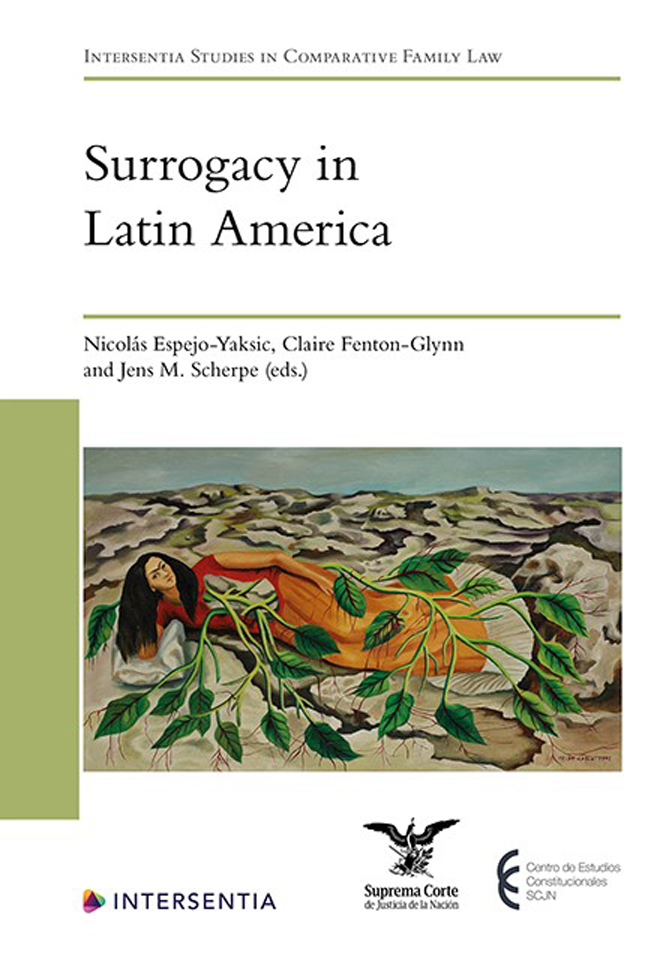Foreword
Published online by Cambridge University Press: 09 January 2024
Summary
Surrogacy has become a transnational phenomenon, and thus a major human rights concern. In particular, surrogacy raises ethical and legal questions of great importance. We cannot address the issue without discussing the commodification of the bodies of people with the ability to gestate, and of children who are the product of gestation. Nor can we ignore the profound repercussions that this debate entails for autonomy and fundamental rights. Surrogacy in Latin America offers the keys to start exploring these questions in the region from a comparative perspective. Through an exhaustive examination of the legal institutions, this volume questions how these concepts are defined and applied in different jurisdictions in Latin America, and what the consequences are of the decisions adopted in national legislation.
As this volume reveals, surrogacy challenges the way we think about and apply basic family laws. Thus, for example, the phenomenon requires that we essentially consider what “being a parent” means in the context of family law, and on which circumstances this position should be based: gestation and childbirth; being married to, or in a relationship with, the surrogate mother; genetic contribution; procreational intent; or social parenthood. At the same time, the phenomenon presents important concerns regarding the best interests of children and adolescents. Children are at the heart of surrogacy, but too often they are viewed as the objects resulting from the arrangement rather than legal subjects in their own right. Contrary to this approach, children’s rights must be the paramount consideration in surrogacy.
Another central aspect of surrogate motherhood is the surrogacy contract and its legal effects. Should such contracts be considered as binding acts, and if so, with what consequences? Who should be eligible as surrogates and principals under these agreements? How should the potential exploitation of pregnant persons, commodification and autonomy be taken into account in such contracts?
In Mexico, the Supreme Court of Justice has expressly recognised the importance of procreational intent when establishing parenthood by surrogacy. In accordance with our jurisprudence in family matters, we have considered the best interests of children and adolescents to be paramount. Likewise, we have ordered Congress to regulate, urgently and as a priority, this technique of assisted human reproduction.
- Type
- Chapter
- Information
- Surrogacy in Latin America , pp. v - viPublisher: IntersentiaPrint publication year: 2023



